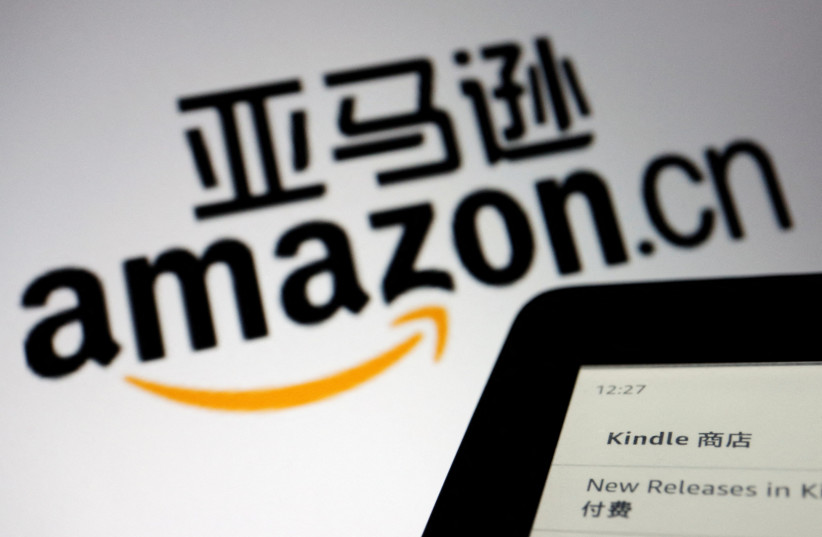Amazon.com Inc. said it would buy IRobot Corp., maker of the Roomba vacuum, for $1.65 billion as the e-commerce giant continues its push into internet-connected home devices and robotics.
Amazon will pay $61 a share in cash for the Bedford, Massachusetts-based company, according to a statement on Friday. The offer represents a premium of 22% based on iRobot’s last closing price before the announcement. Colin Angle will remain as chief executive officer of iRobot.
“I’m excited to work with the iRobot team to invent in ways that make customers’ lives easier and more enjoyable,” said Dave Limp, senior vice president of Amazon Devices.
What else has Amazon done?
Amazon has worked to place its Alexa voice software and Echo smart speakers at the center of its push into connected devices. Customers can already use Alexa to control Roomba vacuums. IRobot also runs some of its software on Amazon Web Services servers.

Seattle-based Amazon has come a long way as a hardware player since a failed foray into smartphones a few years ago. It has held new product unveilings in each of the last several years, an effort to position itself at the center of the burgeoning market for smart-home gadgets.
IRobot gives Amazon a household name in home cleaning gadgets that may give it a leg up over its own designs. Last fall Amazon debuted a household robot named Astro that was supposed to usher in — or at least point to — a Jetsons-like future. Called the Astro, the three-wheeled device would eventually sell for about $1,450. But Astro, still in a limited rollout, hasn’t made a splash with consumers.
IRobot saw sales increase over the pandemic, as families who were housebound sought shortcuts to keep their homes clean.
But like many pandemic-era darlings, iRobot has seen demand wane. It reported second-quarter revenue of $255.4 million on Friday, short of analysts’ expectations for $301 million.
Who are the competitors?
The company has also been battling JS Global Lifestyle Co. in a patent infringement case against its SharkNinja vacuums and hybrid vacuum moppers. IRobot portrays itself as an American success story with a “passion for innovation” that’s been undercut by SharkNinja incorporating those inventions into its Chinese-made knockoffs.
IRobot said its Roomba vacuum and Braava floor mops “can map the floor of a home, sense changes in the floor type being cleaned, spot clean, avoid objects and cliffs (such as stairs), and intelligently approach a base station to recharge, among other innovative features.”
Amazon shares fell less than 1% in early trading on Friday. IRobot shares, which are down 24% this year, surged almost 20%.
Amazon prefers to develop new technology internally, but its devices unit has been quick in recent years to pull the trigger on acquisitions that give the company a stake in a hot or adjacent market. Amazon grabbed a leading position in video doorbells with its 2018 deal to buy Ring and acquired WiFi hub maker Eero the next year.
Some close watchers of the company had speculated growing scrutiny of Amazon’s market power in the US and Europe might nudge Amazon to take a pause on large deals. Taken together with the announcement last month that Amazon would buy One Medical parent 1Life Healthcare Inc. for $3.49 billion, the company seems to be doing business as usual.
